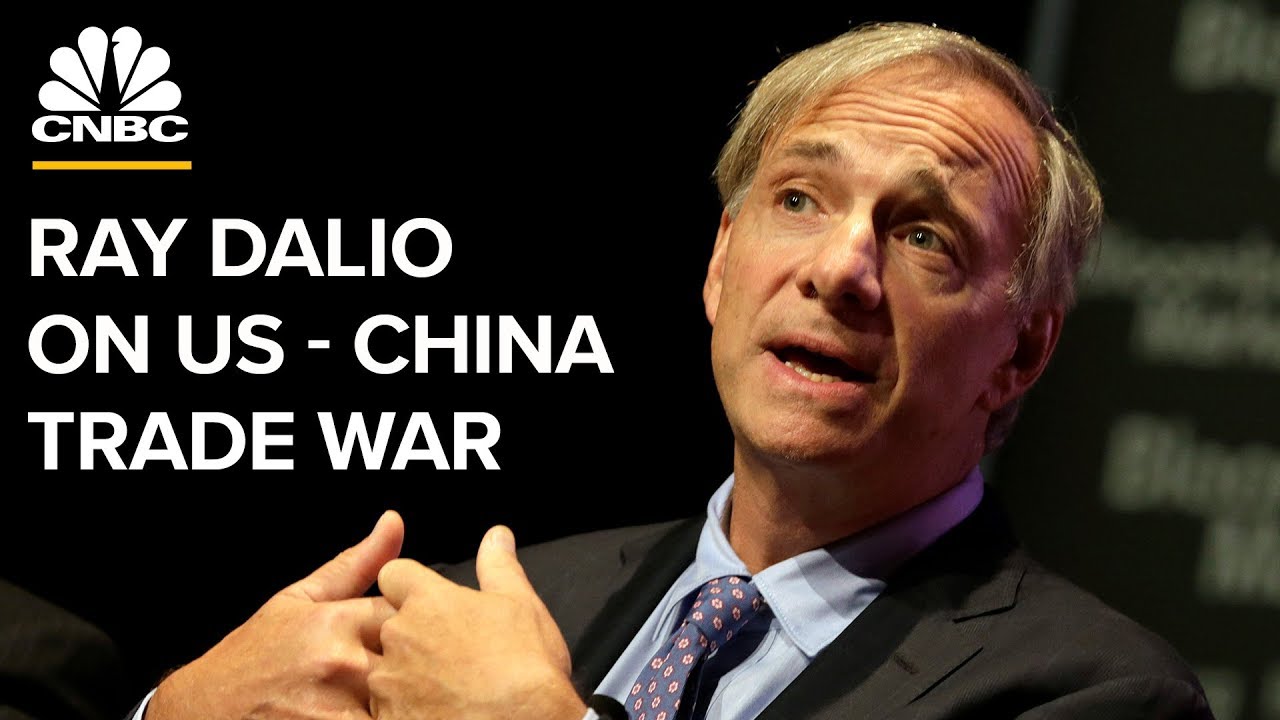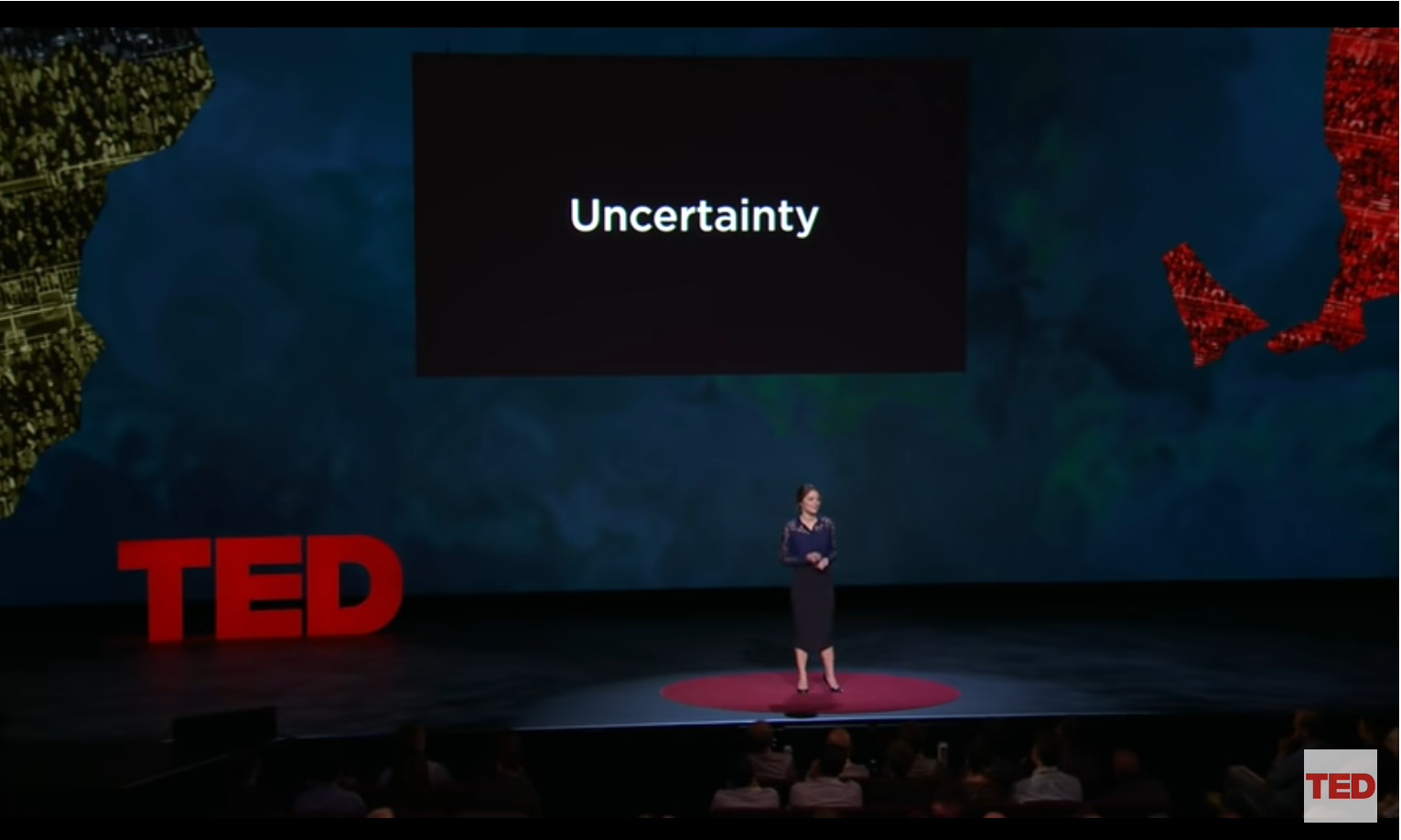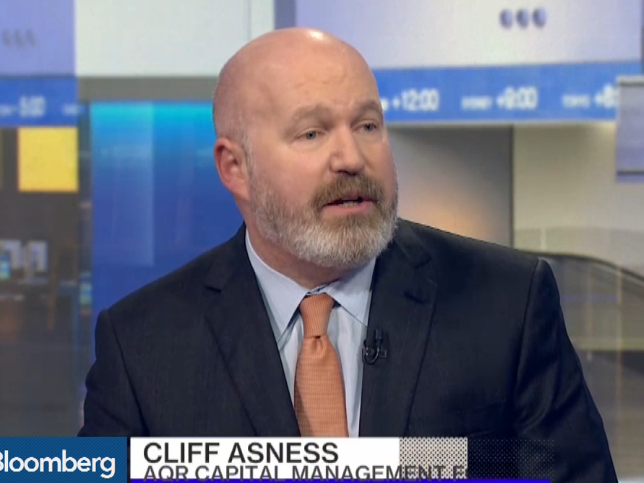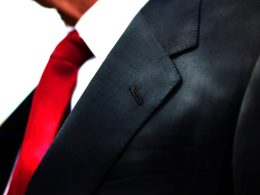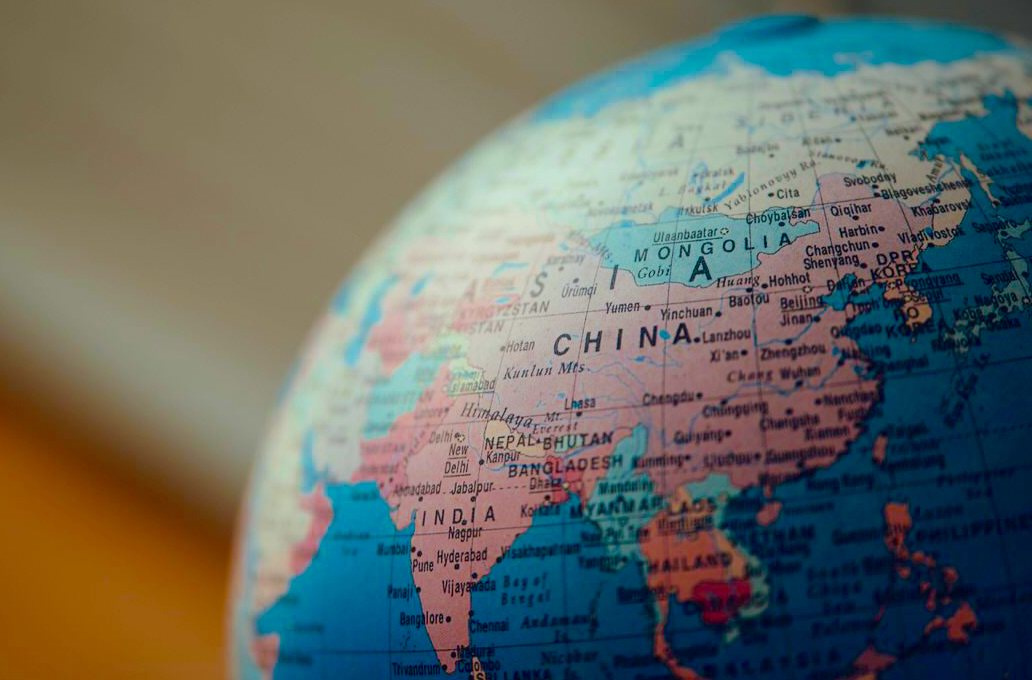Ray Dalio, hedge fund giant Bridgewater Associates, joins 'Squawk Box' to discuss markets, interest rates, the debt market and U.S.-China trade tensions.
The dispute between the U.S. and China over trade deficits and surpluses is rather trivial compared to the broader philosophical differences between the world's two biggest economic superpowers, Bridgewater Associates founder Ray Dalio told CNBC on Thursday.
"The trade war, I think, can be worked out," the billionaire investor Dalio said in a "Squawk Box" interview on CNBC. But he argued the conflict goes "way beyond the trade war."
Dalio, co-CIO and co-chairman at Bridgewater, said the two nations' polar opposite methods of governing is the broader, more difficult issue to reconcile. "It goes back to Confucius in 500 B.C.," he said.
"It's basically a top-down versus a bottom-up type of approach," said Dalio, whose China unit of Bridgewater last month launched its first onshore Chinese investment fund.
"When you look at the 2025 plan in China, the government believes that they should have a plan for making China great" and will coordinate all aspects of public and private enterprise to achieve their goals, he said. "That type of activity is objectionable to the United States" in its free market economy.
The China 2025 plan is a state-backed industrial policy that's provoked alarm in the West, and is core to Washington's complaints about Beijing's technological ambitions.
Dalio appeared on CNBC from the Greenwich Economic Forum in Connecticut where he later spoke to the elite gathering of investment thought leaders.
Ray Dalio on U.S. - China Trade Tensions, Markets





